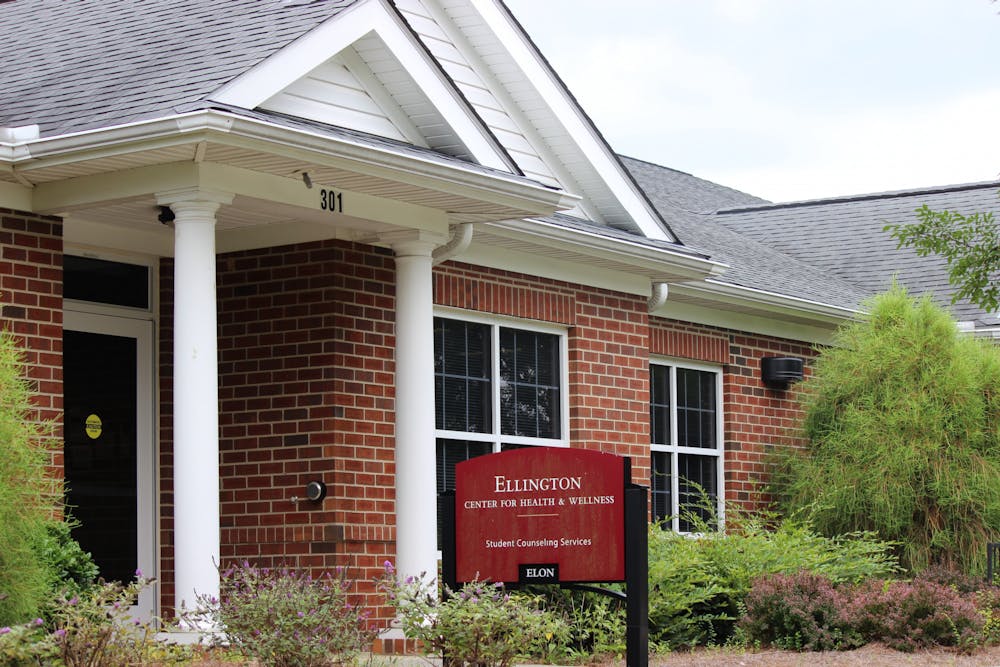The Elon University Infectious Disease Response Team created a webpage about the university’s response to monkeypox, according to an email from Dean of Students Jana Lynn Patterson. The webpage offers answers to frequently asked questions about how monkeypox could affect Elon’s campus.
“As a university, we have learned a great deal about managing community health concerns through our recent experiences with the mumps and COVID-19. These lessons will serve us well, should monkeypox affect the university community,” Patterson wrote in the email.
The page says if students, faculty and staff are exposed to monkeypox or exhibit symptoms, they can make consultation appointments through Student Health Services, TimelyCare or Faculty/Staff Health & Wellness Clinic to get tested.
In the event of a confirmed case on campus, the page says the university will work with the Alamance County Health Department as it has in the past to contain any viral outbreaks.
“Many of the tools we used to manage campus outbreaks of mumps and COVID-19 – testing, quarantine/isolation, and masking – are strategies that could be deployed to manage cases of monkeypox, if necessary,” the website said.
Both the email and webpage acknowledge there are many differences between how COVID-19 and monkeypox spread. Because of this, the university is considering monkeypox to be a less serious threat than COVID-19.
The university also encourages students to get vaccinated against the virus if and when they become eligible. According to North Carolina Department of Health and Human Services, the majority of monkeypox cases in the state have been found in men who have sex with men.
Currently, the NCDHHS classifies eligible vaccine recipients as people who have had close contact with a person who has monkeypox in the past two weeks or gay or bisexual men or transgender people who report having multiple sex partners or anonymous sex, being diagnosed with a sexually transmitted infection or receiving medications to prevent HIV infection in the past 90 days.


